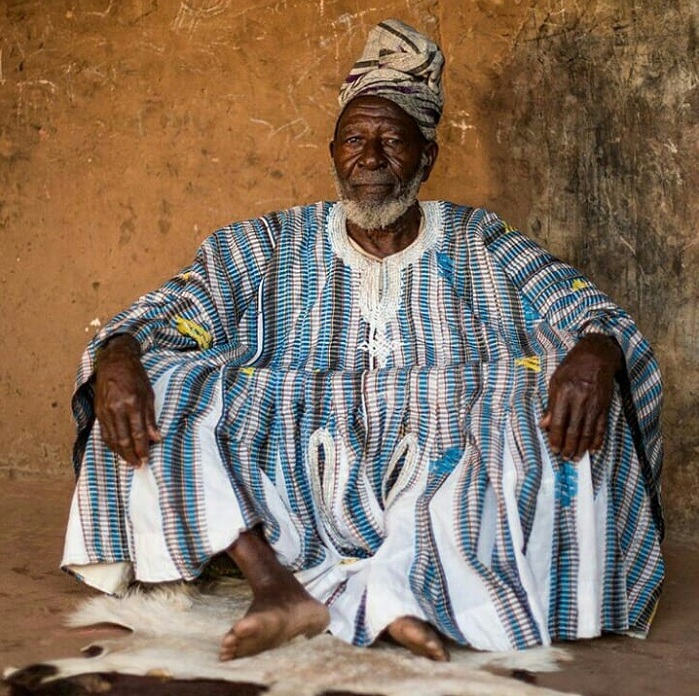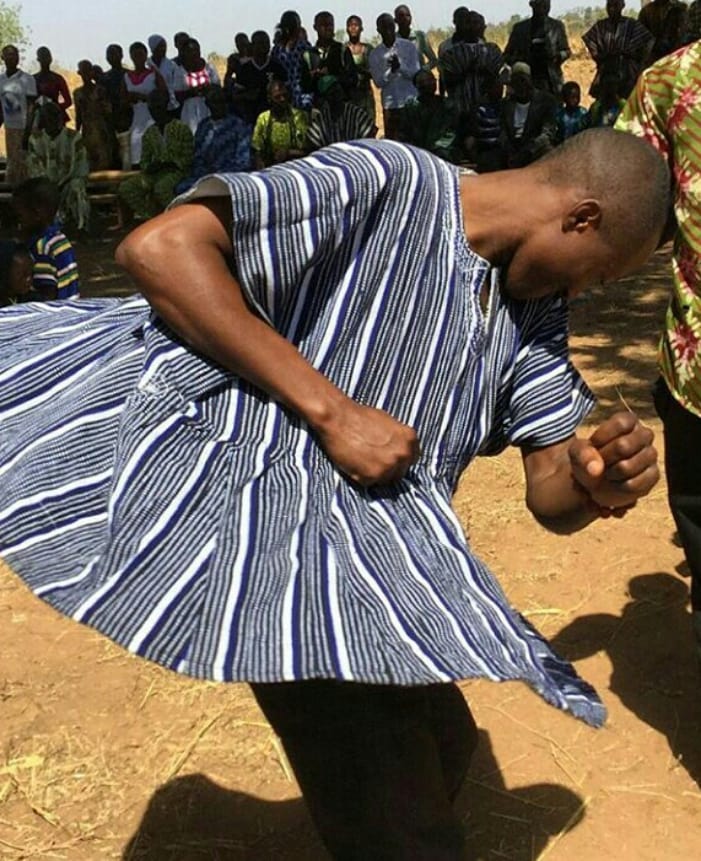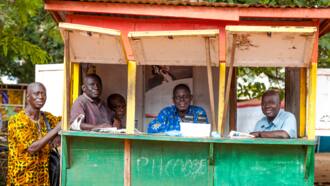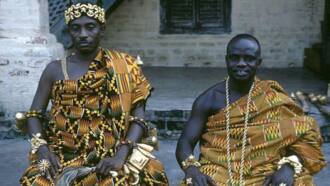Kusaal: basic phrases and interesting facts
Kusaal or Gur is a language used in communication mainly on the North of Ghana. An average of 400000 people use this language which is named after the people from Kusasi. It is the Kusasi people who are in plenty in the area where Kusaal language is spoken. This area falls in between the Red Volta, the Gambaga escarpment, and stretches all the way to the national borders between Ghana and Burkina Faso and Togo. Both Togo and Burkina Faso have areas where the Kusasi people live. Kusaal language has close similarities with the Mampruli language.

Source: UGC
It is easy for anyone to learn Kusaal language, commonly referred to as lingua Kursaal. Aside from the fact that Kusaal dictionary exists, there is also the reality that Kusaal language is fairly easy to understand. You, however, have to be committed to the learning process for you to learn quickly. This language has all the qualities of the Western Oti–Volta low-level grouping within Gur. This makes it easy to understand by most Ghanaians, and people from Burkina Faso. It is also important to note that Kusaal is Mabia branch of the Niger-Congo language family. The Kusaasi people are the majority settlers of the far northeast of Ghana.
READ ALSO: Dagbani: basic phrases and interesting facts
Who are the Kusaasi people?
Kusaasi poeple speak a Gur language and are found in the southern part of Burkina Faso and northern part of Ghana. These people have a kingdom called the Kusaug kingdom or Kusasi kingdom, which is situated in the upper east area of Ghana. This kingdom stretches across a number of districts that include, Pusiga district, Bawku municipal, Binduri district, Garu district, Tempane district, and Bawku west district. The capital or the main office of this kingdom is located in Bawku where the paramountcy is also situated.
People from Kusasi are generally happy. They have Samanpiid Festival, which they celebrate so as to give their gratitude to God for great harvest during the farming season. The first celebration of this nature was held in 1987, and ever since these people have kept the tradition going.
Kusaal basic phrases
In 1995, only 250,000 people spoke Kusaal. This number has, however, increased greatly over the years. A few publications have been brought forth other than the Bible translation that exists. As of 1990, very few people had learned and successfully managed to communicate in fluent Kusaal. This language is not used in the official systems of education. It is, however, used by the people from Kusaal as their daily language of communication where people of all ages can understand and express themselves well. Other than this, the Bisa people use Kusaal as a language Franca, especially those situated in the villages and in Bwaku.
There is no specific dialect for the Kusaal language. Each village has a distinct twist to how they speak this language. However, for Toende Kusaal and Agolle, there is a big separation.
READ ALSO: Ewe: basic phrases and interesting facts
Here are some of the basic Kusaal phrases:
- Ò dɩ̀gɩ̀ nɛ̄ - She is lying down.
- Ò mɔ̀r bʋ́ŋ - She has a donkey.
- Ò gī̀m - She is short.
- Ò à nɛ̄ bī̄ig - He is a child.
- Fʋ̀ bɔ̂ɔd bɔ́? - What do you want?
- Bɔ́ kà fʋ̀ n̆yɛ̄tá - What can you see?
- ɛ̀n̆dɩ̀g - unplug.
- ɛ̄n̆rɩ̄g - shift along.
- Mɔ̄d - swell.
- Mɔ̄r - have.
- Yàad - graves.
- Yāar - scatter.
- M gos buug la - I have looked at the goat.
- M gosid buug la - I look at the goat.
- Píélím - whiteness.
- Pílím - brightness.
- Gᴐ́l - height.
- wáˈálím - height.
- Pᴐ́ᴐ́dím - smallness.
- Bʋ́gʋ́sʋ́m - weakness.
- Sʋ́ˈʋ́m - goodness.
- Gɛ́ɛnmis - madness.
- Gɛ̀ɛ̀lís - weakness.
- Tᴐ̀ᴐ̀g - bitterness.
- Tʋ́ʋ́lʋ́g - heat.
Kusaal interesting facts

Source: UGC
- The Kusaal people often live in an open Savanna land that has scattered trees.
- A lot of Kusaal people are farmers and cultivate their widely scattered compounds.
- The Mossi and Fulɓe keep cattle. The rest of the Kusaal's also keep it, but not that much.
- The Kusaal people have no rainy season with rains lasting the better part of the second half of the year.
- These people plant different varieties of millet and a little bit of rice.
- The Kusaasi are organized in clans that have taboos. They do not use their clan name as their surname. Some of these taboos include not eating a specific animal. They also have their own cults. However, these clans do not have an administrative function.
- The religious leader in an area is known as the tɛ̀ŋ-dāan. He is supposed to be a direct descendant of the first settler, also known as oikist.
- The dominating political structure for the Kusaai before the colonial times was Mossi-Dagomba states.
- The Kusaasi also believe in God whom they call upon using proverbs and greetings. However, their God is not in worship and prayer. One proverb that shows gratitude to God says: Eat with God, don't talk with God. There is also another proverb that warns against doing evil. It states: God sees and is silent.
The Kusaal people are interesting people. They have a fully functioning structure that has gotten them to where they are right now. At the centre of it all is the language that they use when communicating. A language that has grown to become a Lingua Franca to their neighbours and other ethnic groups living with the Kusaal. You can also learn a thing or two about their language here and become part of the Kusaal.
READ ALSO:
- Frafra: basic phrases and interesting facts
- Mampruli: basic phrases and interesting facts
- Dagaare: basic phrases and interesting facts
Source: YEN.com.gh




